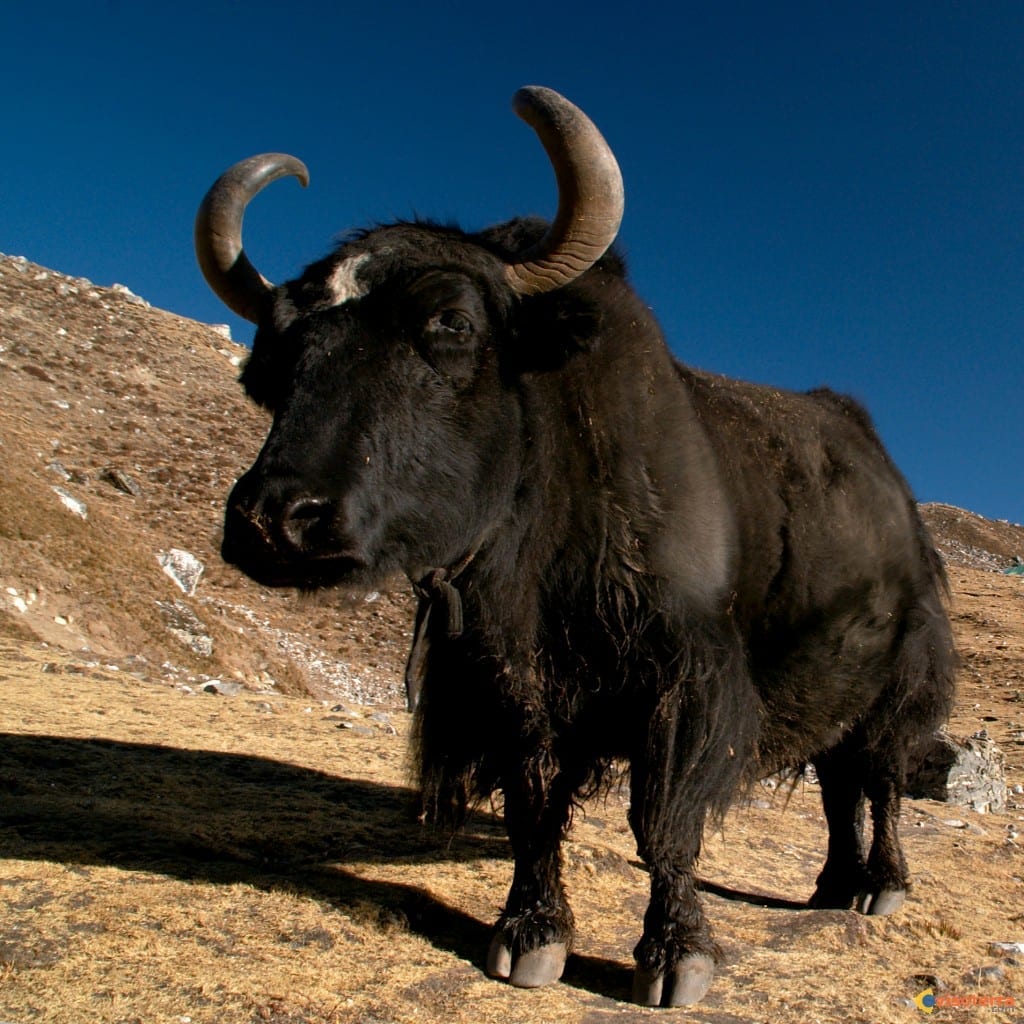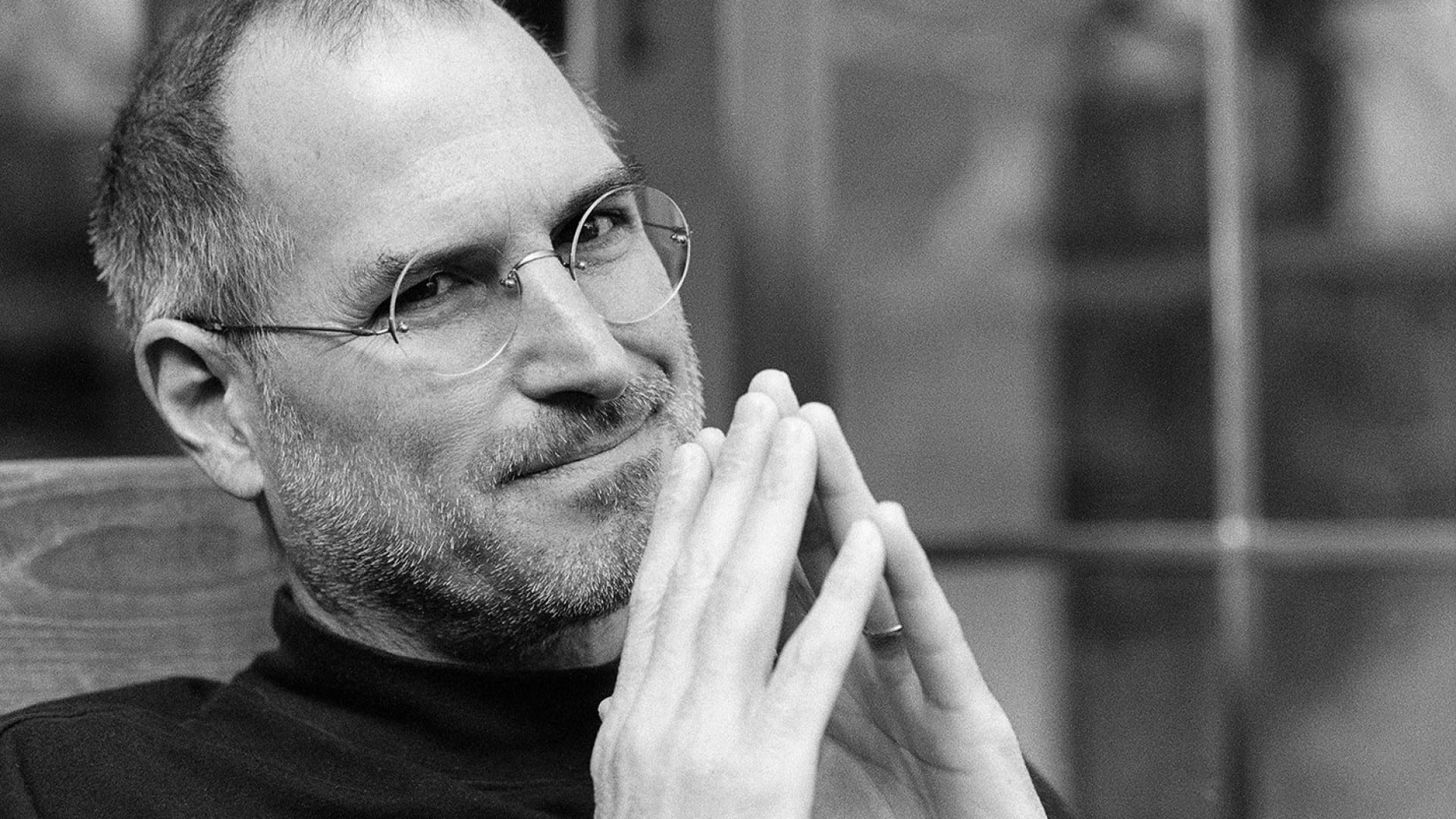As a humanist, I have a natural aversion to technology. I lump digital technology into the camp of “those math and science people,” rarely post on social media, and regularly participate in the discourse that criticizes recent technological advancement for “taking away our humanity.” How ironic that statement is now that I am working on a project that falls under the discipline of the “digital humanities…”
I must admit that I was initially skeptical about the term “digital humanities.” To me, it seemed like oxymoronic jargon. But, in the last month, I have become a convert to the world of the digital humanities.
In her article “Why Yack Needs Hack,” Cathy Davidson says that the digital humanities are “about realigning traditional relationships between disciplines, between authors and readers, between scholars and a general public, and, in other ways, re-envisioning the borders and missions of twenty-first century education.” (Davidson 134). I mean – wow – right? This statement alone brings a whole lot of humanity to the table. And no wonder – it is the digital humanities after all. Davidson and other authors we have read have helped me to see the quantitative world in a different light. A light that even I, a strictly non-science, non-math humanist, can use to my scholarly advantage!

“Apparently I need Hack!”
As you can imagine, at this point I am starting to fall down a well of existential crises, because somehow I am inspired by the use of quantitative technology. (?!) But, in fact, I would rather look at it as a new perspective that can enrich my future research – and even life! – endeavors. I can almost hear the hallowed walls standing between academic disciplines crumbling to the ground as I write.

“Surprise – I’m a humanist”
Davidson, paraphrasing Steve Jobs, asserts that “…the DNA of the digital age is, quite precisely, its melding of the technological, artistic, and the human…” (Davidson 132). One of many inspiring passages in her article, this statement made me really think about the interdisciplinary nature of our age. This musical geography project, among many others, is part of a movement that seeks to embrace that intersectionality in scholarly practice. We work from the hypothesis that a synthesis of the skills of individuals from all different disciplines can lead to more profound work than a single-discipline approach can. It is something that I find exciting and fascinating. The Internet (or the “World Wide Web” as Davidson puts it..haha) is a HUGE responsibility. It allows us as a society and as scholars to have access to an ever-increasing amount of information. So why not figure out how to use it well? We have such incredible opportunity for the advancement of knowledge (in a more profound sense than Facebook or Instagram) right at our fingertips, so why not figure out how to harness it? To teach others how to be discerning about huge amounts of information? To give students the skills to really take advantage of this enormous resource?
The inspiration I’ve gleaned from Davidson’s article has taught me that it is limiting to put ourselves into boxes, and to stay within their bounds. It has also reminded me that technology is, in fact, a human project. (I mean, who knew that HTML stood for Hypertext Mark Up Language?). If we can learn to be responsible about the technology we create – to be responsible consumers as well as producers – then the possibilities are endless.